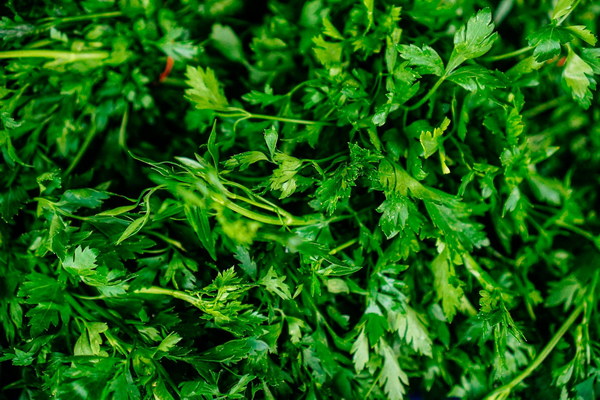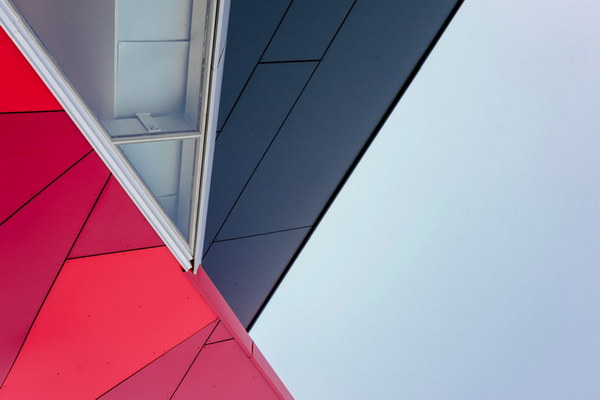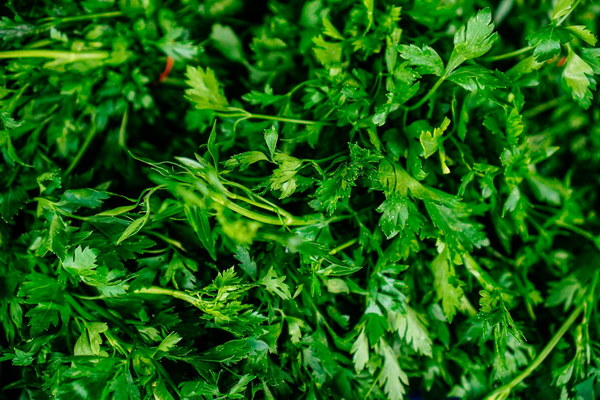Haidian's Health and Well-being Index soars A New Benchmark for Urban Retirement Living
In the heart of Beijing, Haidian District has been making waves with its newly released Health and Well-being Index (HAWI). This comprehensive assessment not only evaluates the overall quality of life but also highlights the district's commitment to fostering an environment that promotes health, happiness, and longevity. Let's dive into the details of this groundbreaking index and what it means for the future of urban retirement living.
The HAWI: A Multi-Faceted Evaluation
The HAWI is a holistic indicator that measures various aspects of health and well-being, ranging from physical and mental health to social engagement and environmental quality. It takes into account data from government agencies, healthcare providers, and community organizations to provide a comprehensive picture of the district's health landscape.
Physical Health: A Solid Foundation
At the core of the HAWI is the assessment of physical health, which includes access to quality healthcare, availability of recreational facilities, and environmental factors such as air and water quality. Haidian District has excelled in these areas, boasting an extensive network of hospitals and clinics, as well as numerous parks and recreational centers that encourage physical activity among its residents.
Mental Well-being: A Priority
Recognizing the importance of mental health, the HAWI also evaluates the availability of mental health services and the community's overall psychological well-being. Haidian District has taken significant strides in this domain, establishing mental health clinics, support groups, and awareness programs to ensure that residents have access to the care they need.
Social Engagement: Building Strong Communities
Social engagement is a cornerstone of a healthy community, and the HAWI reflects this by assessing the level of social interaction and community involvement among residents. Haidian District has a vibrant community life, with numerous cultural events, volunteer opportunities, and social clubs that foster a sense of belonging and connection.
Environmental Quality: A Sustainable Approach
The HAWI also considers the environmental quality of the district, focusing on factors such as green spaces, noise levels, and pollution. Haidian District has made considerable efforts to improve its environmental footprint, with initiatives like the promotion of clean energy, tree planting programs, and the development of green infrastructure.
The Impact on Urban Retirement Living
The HAWI has significant implications for urban retirement living, particularly in Haidian District. With its high scores across all categories, the district emerges as a prime location for seniors seeking a healthy, fulfilling retirement. The following are some key benefits:

- Access to Healthcare: Residents can easily access top-notch healthcare services, ensuring that they receive the care they need as they age.
- Recreational Opportunities: The abundance of parks and recreational centers provides ample opportunities for physical activity and social interaction.
- Mental Health Support: With mental health services readily available, residents can maintain their psychological well-being throughout their retirement.
- Community Involvement: The strong sense of community encourages social engagement and a sense of purpose.
- Sustainable Living: The focus on environmental sustainability ensures that the district remains a pleasant place to live, now and for future generations.
Conclusion
The HAWI is more than just a set of numbers; it's a testament to Haidian District's dedication to the health and well-being of its residents. As the district continues to refine its approach to health and well-being, it sets a new benchmark for urban living, offering a shining example of how a community can prioritize the holistic needs of its population. For those looking to retire in a place that values health, happiness, and quality of life, Haidian District is undoubtedly a district to watch.









